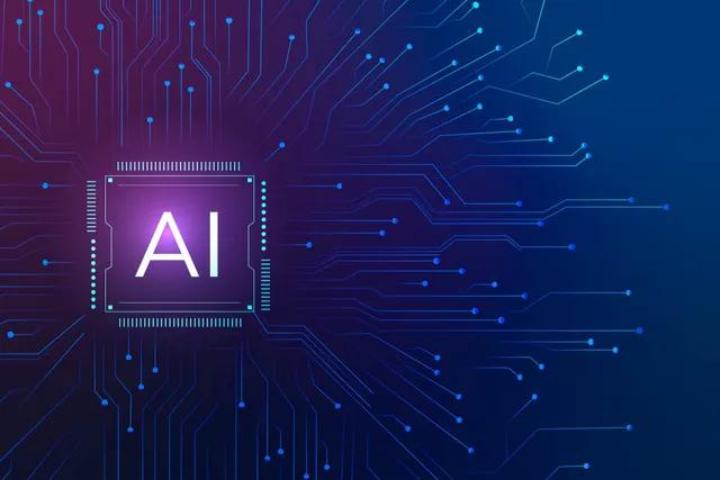MIT economist Daron Acemoglu recently voiced his concerns about artificial intelligence (AI) and its potential effects on the economy, citing the excessive hype surrounding the technology. Acemoglu acknowledged the promise of AI technology but issued a warning, saying that the current enthusiasm could result in considerable financial waste and disappointment. He presented three potential futures for the AI landscape, each of which represented differing degrees of optimism and caution on the effects of the technology on employment and economic expansion.
Three Scenarios for AI’s Future
Three different scenarios for the development of AI are presented by Acemoglu’s analysis, each with unique ramifications for workers and businesses:
- Cooling Hype with Practical Applications: In this most optimistic scenario, the initial excitement surrounding AI gradually subsides, allowing for more realistic applications to take root. Companies would begin to focus on integrating AI in ways that genuinely enhance productivity without overextending their investments. This scenario suggests a balanced approach where AI complements human workers rather than completely replacing them.
- Tech Stock Crash and Disillusionment: The second scenario posits that the ongoing AI frenzy could lead to a crash in technology stocks reminiscent of the dot-com bubble. If investors become disenchanted with the returns from their AI investments, a significant downturn could ensue, resulting in widespread layoffs and a reevaluation of AI’s role in business. Acemoglu warns that this “AI spring followed by AI winter” could create a cycle of investment followed by disillusionment, ultimately harming both companies and employees.
- Prolonged Mania Leading to Job Cuts: The most concerning scenario involves a prolonged period of excessive investment in AI technologies without clear understanding or strategy. Companies may rush to replace human jobs with AI solutions, only to realize that these technologies do not deliver as expected. This could lead to mass layoffs and a scramble to rehire workers once the limitations of AI become apparent. Acemoglu emphasizes that this scenario is likely if the current hype continues unabated.
The Economic Reality Check
Although AI has great potential, Acemoglu’s observations serve as a sobering warning that realistic expectations must be maintained. He believes that over the next ten years, AI will only have a little impact on roughly 5% of employment, which is a far cry from more bullish predictions that point to a massive change of the workforce. The sustainability of the current levels of investment in AI technology is called into doubt by this limited impact.
Although he is impressed by the progress made in big language models such as ChatGPT, Acemoglu points out that these models have limits in terms of judgment and dependability. He claims that although these models can help with certain activities, they will never be able to completely replace human labor in a variety of industries. He emphasized the necessity for human control by saying, “You need highly reliable information or the ability of these models to faithfully implement certain steps that previous workers were doing.”
Acemoglu’s cautions are more relevant than ever as businesses continue to invest billions in AI research and development—more than $50 billion in a single quarter. As businesses traverse an unpredictable landscape full of exaggerated expectations and unproven technologies, the possibility of lost investments looms large.




GIPHY App Key not set. Please check settings